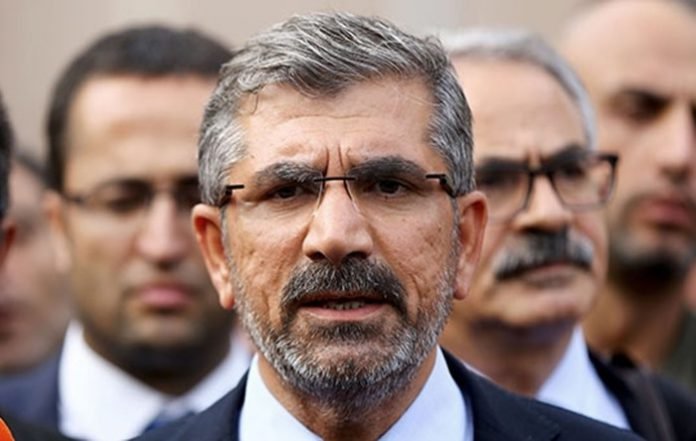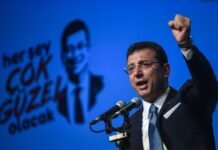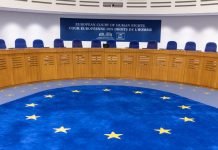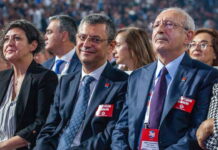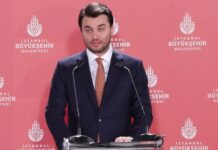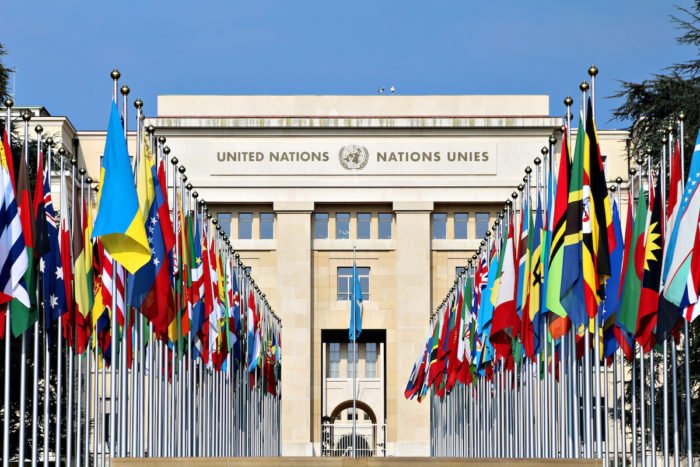In its official response to a joint UN letter about the investigation into the killing of lawyer and human rights defender Tahir Elçi, the Turkish government accused UN special rapporteurs of intervening in the ongoing legal proceedings.
“The government finally is of the view that reaching conclusions on the present case by the Special Rapporteurs before the proceedings are finalized in a manner that could be interpreted as an intervention is inappropriate and could prejudice the ongoing proceedings,” the Turkish government said in its diplomatic communiqué, conveyed by the country’s permanent mission to the UN office in Geneva, via a note verbale dated June 8.
Elçi, the former head of the Diyarbakir Bar Association, was killed in November 2015 while delivering a speech in the southeastern province of Diyarbakir during a clash between the Turkish police and members of the outlawed Kurdistan Workers’ Party (PKK).
Calling for a peace rally on what turned out to be the day of his death in Sur’s historic district, Elçi said he wanted no violence, war, destruction or armed operations in the area.
The UN special rapporteurs in a joint letter sent to the Turkish government on April 9 expressed serious concern about “the significant delay and the serious defects in the investigations carried out in 2016.”
The UN letter was sent by UN rapporteurs Irene Khan, special rapporteur on the promotion and protection of the right to freedom of opinion and expression; Mary Lawlor, special rapporteur on the situation of human rights defenders; Fernande de Varennes, special rapporteur on minority issues; and Fionnuala Ní Aoláin, special rapporteur on the promotion and protection of human rights and fundamental freedoms while countering terrorism.
The UN rapporteurs had asked the Turkish government to provide detailed information on “the reasons behind the five-year delay in the conduct of investigations into the unlawful killing” of human rights lawyer Elçi.
Elçi received death threats in 2015 after stating that “the PKK is not a terrorist group. While some of its actions may be called as such, it is an armed political movement with significant support” during a live TV show on CNN Türk hosted by a pro-government columnist Ahmet Hakan.
Elçi was briefly detained in November 2015 over the remarks. He was subsequently released pending trial and faced up to seven-and-a-half years in prison.
Turkish prosecutors claimed three police officers and a PKK member at the scene were suspects in the murder, on which no light has been shed until now.
Three police officers — Mesut S., Fuat T. and Sinan T. — are charged in the indictment with “causing death by culpable negligence,” which carries a prison sentence of two to six years.
On the other hand Uğur Yakışır, an alleged member of the PKK, is charged with “murdering Tahir Elçi and two police officers [who died on the same day], attempting to destroy the unity of the state and possession of a firearm.” Prosecutors demand multiple life sentences and an additional 45 years in prison for Yakışır.
Elçi’s lawyers accuse the Turkish police and the judicial authorities of hiding a 13-second segment of video footage captured by police cameras that allegedly shows the moment Elçi was shot.
Investigating cases of state violence and human rights violations through architectural evidence and 3D technology, Goldsmith research group Forensic Architecture refuted the claims that the PKK member had killed Elçi.

